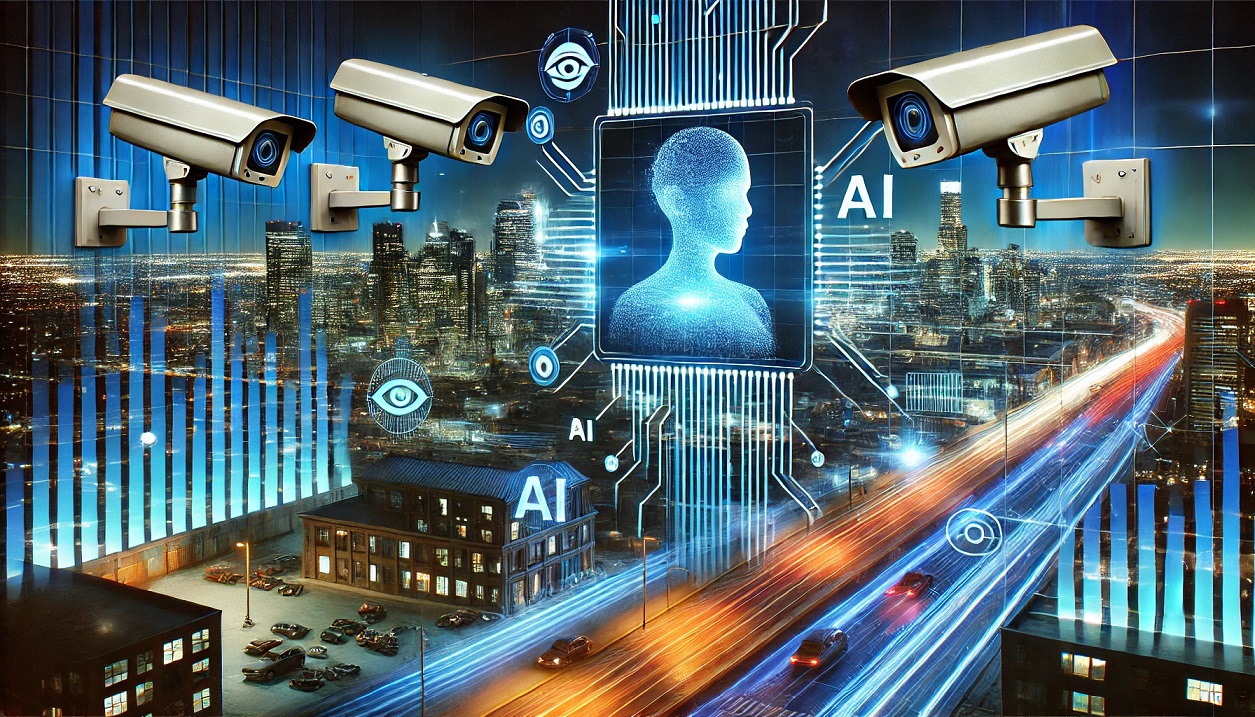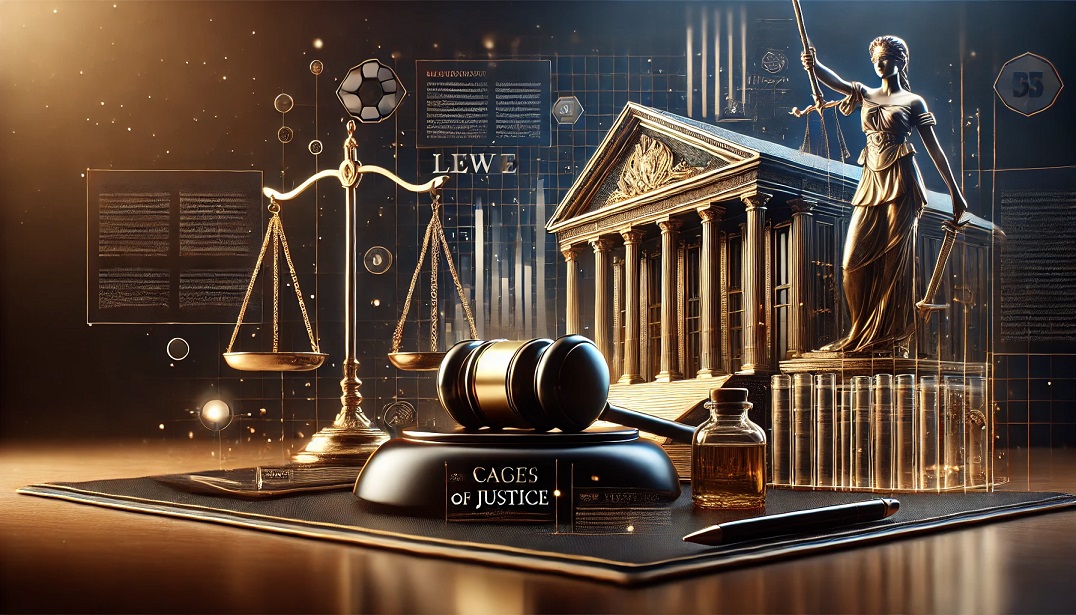Governments worldwide are introducing AI-powered surveillance laws to enhance security, but concerns over privacy and civil liberties are intensifying. This article explores the impact of these regulations, potential benefits, drawbacks, and public reactions.
Artificial intelligence (AI) is rapidly transforming global surveillance systems. With the increasing use of AI-driven facial recognition, predictive policing, and real-time monitoring, governments are implementing new laws to regulate AI-powered surveillance. However, this has sparked intense debates about the trade-off between national security and individual privacy.
This article examines the impact of these laws, highlighting their benefits, risks, and global reactions.
The Rise of AI-Powered Surveillance Laws
• Governments Strengthening Security Policies
- Countries like the U.S., China, and the U.K. are implementing AI-driven surveillance laws to curb criminal activities and terrorist threats.
- New policies aim to regulate data collection, facial recognition, and automated decision-making in policing and border control.
• AI in Law Enforcement
- Law enforcement agencies use AI to predict crime hotspots, analyze social behavior, and track suspects in real-time.
- AI-driven cameras can scan millions of faces within seconds, improving the efficiency of crime prevention efforts.
Privacy Concerns and Civil Liberties
• Mass Surveillance and Data Privacy Risks
- AI-powered surveillance collects vast amounts of personal data, raising concerns over data misuse.
- Citizens fear governments and corporations may exploit surveillance data for political and economic gains.
• Risk of Misuse and Bias in AI
- AI algorithms have been criticized for racial and gender biases, potentially leading to wrongful arrests and discrimination.
- Automated decision-making lacks human judgment, raising ethical concerns in law enforcement.
• Public Outcry and Legal Challenges
- Privacy advocates and human rights organizations are challenging AI surveillance laws in courts.
- The European Union is pushing for strict AI regulations to prevent mass surveillance abuse.
Benefits of AI Surveillance Laws
✔ Enhanced National Security
- AI-driven surveillance helps detect criminal activities and prevent terrorist threats more efficiently.
✔ Faster Crime Investigation
- Automated data processing speeds up investigations, reducing the burden on law enforcement agencies.
✔ Improved Public Safety
- AI systems can identify potential threats in public places, such as airports and crowded events, preventing security breaches.
Drawbacks of AI Surveillance Laws
✖ Privacy Invasion
- Constant monitoring may lead to a loss of personal freedom and increased state control.
✖ Risk of Authoritarian Control
- Governments with unchecked surveillance power may use AI to suppress dissent and political opposition.
✖ Ethical and Legal Challenges
- AI-based surveillance raises ethical concerns regarding bias, discrimination, and the right to privacy.
Global Reactions and Recent News
• U.S.: Growing Political Divide Over AI Surveillance
- Some lawmakers advocate for strict AI regulations, while others push for expanded surveillance capabilities.
• China: Leading AI Surveillance Nation
- The Chinese government has implemented AI-powered social credit systems, monitoring citizens’ activities in real-time.
• European Union: Stricter AI Regulations on the Horizon
- The EU is drafting the Artificial Intelligence Act to limit the use of AI in mass surveillance and protect individual rights.
• United Nations: Calls for International AI Governance
- The UN is urging global leaders to establish ethical guidelines for AI surveillance to prevent human rights violations.
Conclusion
AI-powered surveillance laws are reshaping the future of law enforcement and national security. While these technologies offer enhanced protection against crime and terrorism, they also pose serious risks to privacy and human rights. Striking a balance between security and civil liberties remains a major challenge for governments worldwide.
As AI continues to evolve, public debates, legal challenges, and regulatory frameworks will shape how AI-powered surveillance is implemented in the coming years.

















Comments 0